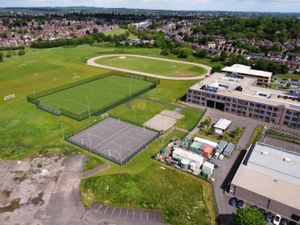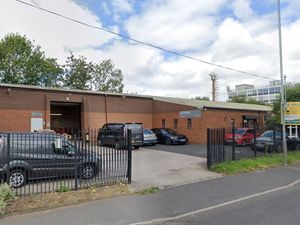Social workers to be based at Wolverhampton schools in pilot project
Social workers will be based within a number of Wolverhampton secondary schools as part of a pilot project designed to help improve life chances for children and young people.

Wolverhampton Council has secured more than £400,000 from the Department for Education’s What Works for Children’s Social Care scheme.
The Social Workers in Schools programme aims to reduce the number of referrals to social services, reduce the number of children having to be taken into care and improve educational attainment.
Social workers will be based in six secondary schools to support children who are subject to a Child in Need or Child Protection plan.
It is hoped the scheme will help to support the response of schools to safeguarding issues, increase collaboration between social workers, school staff and parents, and improve relationships between social workers and young people.
Councillor John Reynolds, Wolverhampton Council’s cabinet member for children and young people, said: “We are pleased to have received funding from the Department for Education to bring the Social Workers in Schools programme to Wolverhampton.
Positive
“Nationally, schools make up the second largest source of referrals to social services after the police, so it makes sense to embed social workers within schools where they can use their early intervention skills to work with children and families who may be at risk.
“Keeping social workers close to children and their families will help build the relationships which are essential for effective family support and child protection and enable them to act more quickly to prevent the escalation of cases,” Councillor Reynolds added.
“The programme has proved to be quite effective elsewhere, and so we look forward to it having a positive impact in Wolverhampton over the coming months.”
Secondary schools in the city which don’t have a social worker placed with them will also take part in the evaluation of the programme.
The Social Workers in Schools programme follows pilots in Lambeth, Southampton and Stockport last year, and is being scaled up to better evaluate its impact.




